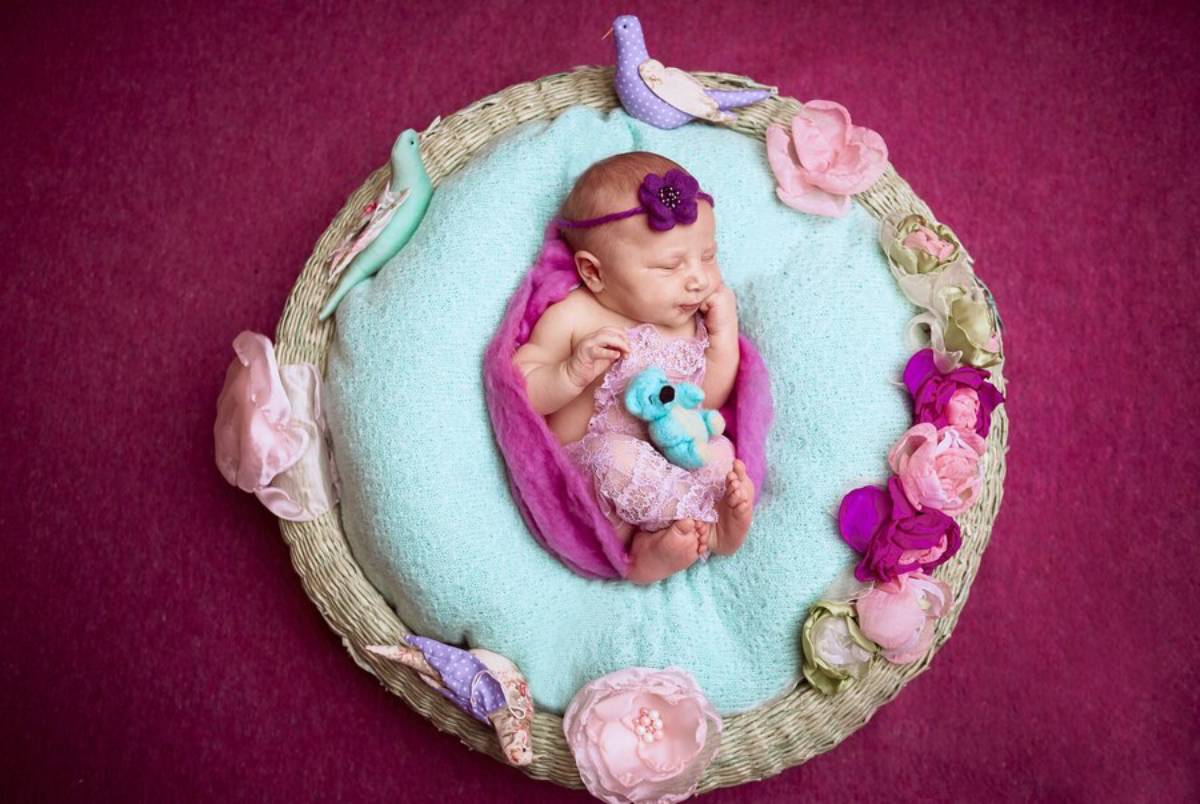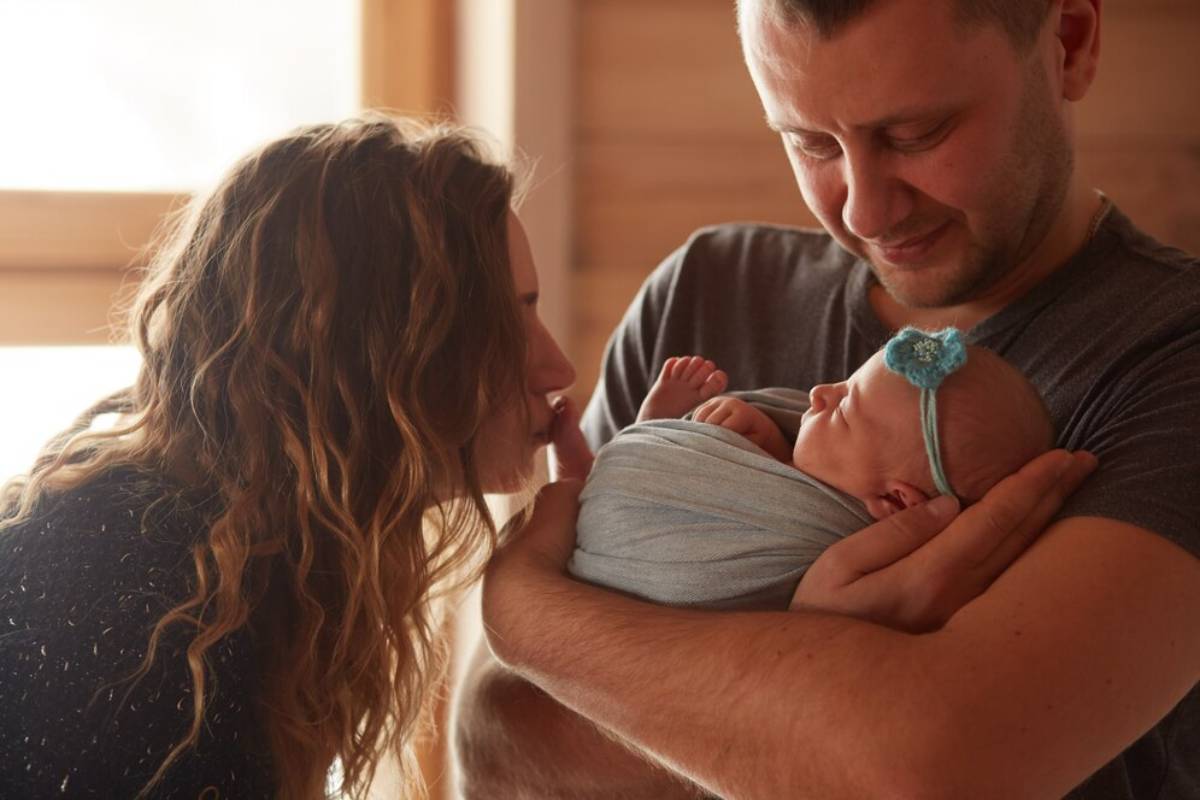
Incorporating Cultural Traditions in Newborn Care
Taking care of a newborn is one of the best times of your life. From womb to world, families across the globe welcome babies with distinct customs handed down through generations. These are more than shadowy cultural customs they help parents connect to their roots and create a sense of place in their newborn child’s life from day one.
Explore Traditional Baby Care Practices From Various Cultures: Special Bathing Methods, Lullabies, Naming Ceremonies, or Other Traditions These customs differ, but they all share the same results to keep babies healthy, worthy, and strong. So, if we figure heritage in infant raising, we can respect the days bygone whilst bringing up children with compassion and significance. Whether that be a family tradition or a cultural belief, each practice adds something unique to the early days of a baby’s life. If you’re a new parent or about to welcome a new child in your life, these beautiful traditions will help you understand how to integrate them and form a loving bond while preserving your family’s story in a beautiful ritual.
The Significance of Cultural Traditions in Newborn Care
Caring for newborns is a universal rite, yet it dances to cultural beats. These treasured traditions spring forth from centuries of wisdom lovingly passed down through families. They help shape a child’s identity, instilling a profound sense of belonging. By embracing these cultural practices, we forge lasting connections to our heritage, enhancing the experience for both parents and little ones alike.
Real-Life Applications and Data-Driven Insights
Research shows that cultural practices in newborn care can significantly boost infants’ physical and emotional health. Take, for instance, the age-old tradition of infant massage—beloved in many Asian and African cultures. This gentle touch encourages better sleep and digestion while creating an unbreakable parent-child bond. Likewise, lullabies and storytelling ignite language development, wrapping children in emotional security.
Incorporating these cherished practices empowers parents and fosters a nurturing environment rich in diversity. By embracing cultural roots, families cultivate spaces where children flourish and take pride in their heritage.
Key Advantages of Traditional Baby Care Practices
Blending traditional baby care practices into daily life offers a profusion of rewards. Here are some shining benefits:

Strengthening Family Bonds
Cultural newborn rituals often welcome extended family into the fold, nurturing bonding and support. These communal traditions fortify family ties, guiding new parents through the beautiful chaos of parenthood.
Promoting Emotional Well-Being
Traditional practices greatly influence an infant’s emotional landscape. Rituals like naming ceremonies cultivate a sense of security and belonging, creating a loving atmosphere where children truly feel cherished.
Preserving Cultural Heritage
Embracing cultural traditions in newborn care helps families safeguard their rich heritage. This act not only fortifies identity but also enriches a child’s understanding of their roots, fostering pride and an enduring sense of belonging.
Enhancing Developmental Outcomes
A multitude of traditional practices lays a solid foundation for healthy infant development. For example, the art of swaddling—widely cherished across numerous cultures—encourages restful sleep and lowers the risk of sudden infant death syndrome (SIDS). Moreover, traditional dietary customs ensure robust nutrition for flourishing growth.
Additional Expert Tips & Common Pitfalls to Avoid
While weaving cultural traditions into newborn care is rewarding, approaching these practices with care is essential. Here are some expert insights alongside common missteps to steer clear of:
Helpful Practices for Melding Cultural Traditions
- Research and Understanding: Delve deep into the cultural significance and history behind each practice, honoring each tradition authentically.
- Adaptation and Flexibility: Be open to blending traditions with your family’s unique rhythm. This fusion often proves beneficial.
- Involve Family Members: Engage your family in the process, seeking their wisdom. This enrichment fosters valuable support.
Common Pitfalls to Avoid
- Cultural Appropriation: Carefully adopt practices from other cultures, ensuring an understanding of their true significance to avoid disrespect and dilution.
- Overemphasis on Tradition: While traditions hold immense value, maintain a balance with evidence-based practices to guarantee your child’s health and safety.
- Neglecting Individual Needs: Every child is a unique treasure. Tailor practices to their distinct needs, and refrain from following traditions that may conflict with your child’s well-being.
Advanced Insights
For eager explorers diving into cultural traditions in newborn care, consider these insights:
Exploring Lesser-Known Cultural Practices
- The Maori Practice of Whangai: In Maori culture, whangai represents the beloved practice of informal adoption by extended family. This nurtures community bonds and offers exceptional support.
- The Indian Tradition of Jatakarma: Jatakarma is a joyous Hindu ceremony that warmly welcomes a newborn, including rituals that purify and enhance the child’s well-being.
Embracing a Holistic Approach
Consider a holistic continuum in newborn care, blending cultural traditions with modern methods like mindfulness, meditation, and natural remedies.

Seeking Professional Guidance
If uncertain about how to harmoniously integrate cultural traditions into your newborn care routine, don’t hesitate to consult cultural experts or healthcare professionals skilled in culturally sensitive care.
Honoring Cultural Traditions in Newborn Care
All of these things help to make those first few days even more special by bringing cultural traditions into the care of your newborn. Whether it’s a soft massage inherited from your grandmother or a lullaby sung in your native tongue, these cultural newborn practices love you and connect you with your family. Practicing traditional baby care also encourages your baby’s emotional and physical development. Many of these customs — such as babywearing or herbal baths provide comfort, warmth, and care that science is only now beginning to recognize and validate.
Bringing up your baby in the ways of your culture helps your child understand their roots and identity. These traditions may grow to be part of your everyday life and remain with your child into adulthood.
Want to begin working some tradition into your baby’s care? Choose one small practice that exists in your culture, a song, a family blessing, or a unique swaddle and do it today. You have a few data sets that help connect generations together and a strong, always loving, and caring foundation for your baby’s future.